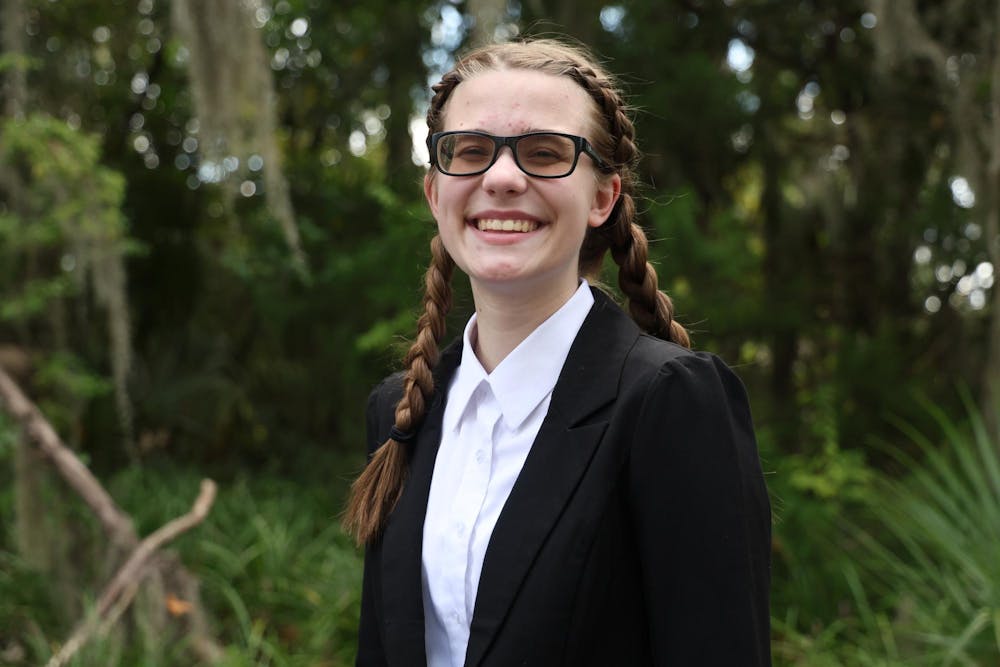I recently came across a piece of advice online: To truly get to know someone, you should ask them about the last time they cried in public, because it reveals what they value. At first, I scoffed. It felt too vulnerable, too abrupt and too out-of-place for casual conversation.
But then I asked a friend. And it changed the way I ask questions.
There’s a reason so many day-to-day conversations open with “So what’s your major?” “How are you?” or “I love your sweater! Where did you buy it?” From job interviews to first dates, the questions we ask shape the relationships we build.
The beauty of asking deep questions is that it cuts through small talk and fosters curiosity, giving a rare opportunity to invite discussion in a world that often prioritizes confidence over vulnerability.
But sometimes we waste this opportunity to connect because we’re scared of asking deeper questions. We stick to safe questions because we’re afraid — afraid of being too personal, too deep or too real. And maybe, afraid of the answers.
As someone who uses a white cane because I am visually impaired, I get a lot of questions from curious strangers that are difficult to answer: “Why do you use a cane?” “Are you blind?”, even “What’s wrong with you?”
At first, I got upset by these questions. I was used to living a life full of questions that meant nothing, so the sudden onslaught of questions about something so personal felt overwhelming. But over time, I realized these questions — when asked respectfully — reflect deeper curiosity and an opportunity to learn together. They made me think about how many questions in our society are considered taboo, even though they touch on the core of what it means to be human.
We find ourselves asking fundamental questions, from “What do you believe in?” to “How do we deal with change and loss?” to “How do we grow?” These are the unspoken questions our lives revolve around, but so rarely do we articulate them out loud. They linger beneath the surface, shaping our lives silently.
After all, it’s hard to go up to a stranger and ask, “Hey! When was the last time you cried in public?”
Sometimes, the questions we ask aren’t the ones we truly want to ask.
This becomes especially evident in the context of grief. I felt this recently when someone on my dorm floor passed away. The questions echoed in the hallway: “Are you okay?” “How was your weekend?” “How are you holding up?” But the real question — the one no one asked — was “How can we remember their legacy?”
There is power in asking the right questions. In a world overflowing with shallow greetings and thoughtless small talk, asking meaningful questions is a choice to seek connection over convention. When we dare to ask with intention — not just to fill silence but to uncover meaning — we open doors to empathy, understanding and growth.
The questions we choose shape the stories we hear, the relationships we build, and the truths we uncover. So let’s be bold enough to ask not just what’s easy, but what’s real. Because sometimes, the most profound answers begin with a question we were once afraid to ask.
Elliana Boyarshinov is a 19-year-old UF finance and economics sophomore.





